Elizabeth Warren: Breaking Down Tech Giants Are Not Enough, We Must Do The Same With The Huge Telcos Too
Aadhya Khatri - Mar 12, 2019
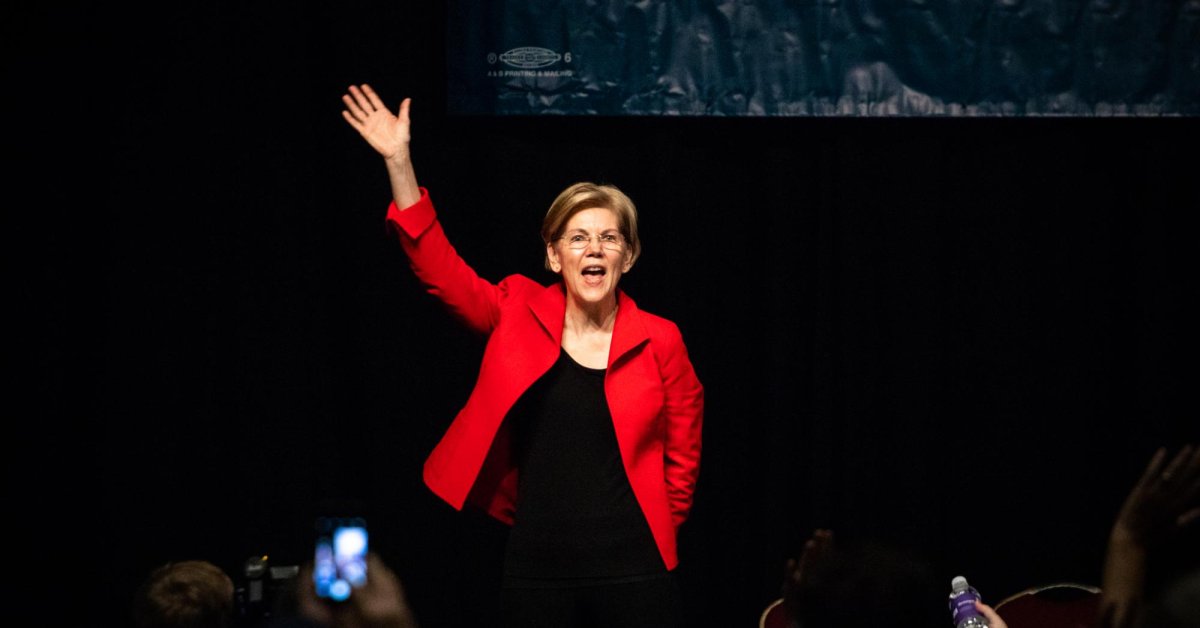
When they have so much power at their disposal and relatively no one there to control them, these companies may keep acting anti-competitively in the near future.
- Twitter And NBC To Team Up For Live Coverage Of Olympics 2020
- Kaspersky Lab Filed Antitrust Complaint Against Apple In Russia
- Don't Break Up Tech Giants, European Antitrust Chief Says
On the 8th of March, in her story published on Medium, Elizabeth Warren, a senior United States Senator from Massachusetts shared her idea of making a truly competitive market by breaking of tech giants like Amazon, Facebook, and Google. This proposal was supposed to be a big step preparing for her 2020’s presidential campaign.
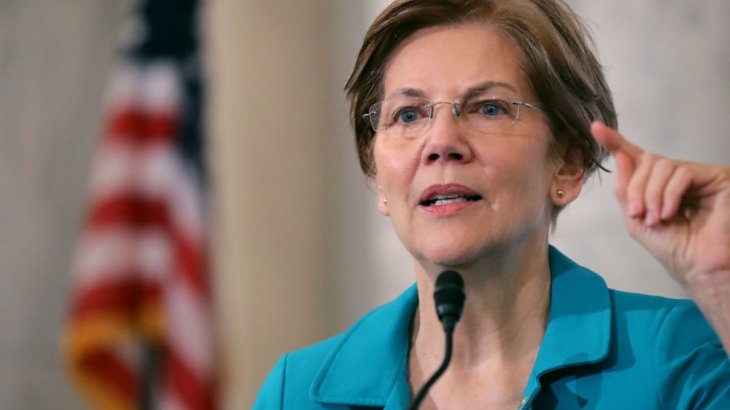
With Facebook taking a fair share of the blame for taking part in spreading misleading information for political purposes, and let not forget its Cambridge Analytica scandal. These issues showed up one after another, leaving its users no time to settle the last before being forced to face another one.
Google was not safe from criticism either. The way it dominates the whole advertising market is a huge threat to the existence of other news agencies.
Amazon, in turn, has a big scheme in gaining dominance over the entire online retail sector, as well as cloud computing, and even the way goods are transported in e-commerce.
The US Senator Elizabeth Warren held these large tech firms responsible for taking advantage of their power over the economy and the whole society to make a profit. While they do so, they also rule smaller companies out of the game.
Warren’s proposal is welcomed but it failed to mention another sector that needs the same kind of action, the giant telcos.
Recent years have seen these telecom companies getting in all kind of scandals, from prying on their customers’ private information to selling it to a third party without proper supervising. This sector is arguably the worst in satisfying its own customers.
These companies are on a monopoly market as they have to face too little competition to have an incentive to take what their customers think about them more seriously.
With this edge by their side, ISPs are tipping the scale in their favour. One of the prime examples is the way they destroyed net neutrality, a tool that is supposed to protect consumers’ rights. To get away with everything they do, these companies even grow their influence in the US’s political system and have the power to change the law so that it favours them. Think of when they gather US citizens’ private information under the name of NSA.

They are getting more ambitious, evident in a merger between NBC and Comcast in 2011 and the fact that Time Warner belongs to AT&T. If this does not qualify them as subjects of discussion about monopoly, you will be hard pressed to find a more worthy candidate.
With Facebook taking all the limelight, these telcos often get away with the sneaky things they have been doing over the years. People seem to be eagerly saving themselves by leaving Facebook but not everyone gives a single thought on how telecom actually does worse behind our back.
While telcos are in power and can do as much harm as any tech giant, according to Elizabeth Warren, this is no longer the fact.
While we have only the antitrust authority and the legislation that monitors the acts of the ISPs as our last defence against monopoly, the two tools are being put down as we speak.
The recent victory of AT&T acquisition of Time Warner over the antitrust objections from the Department of Justice has proved the above point. While Tome Warner promised a lower rate for its viewers, AT&T has another idea, which is to boost the price of DirecTV Now, an obvious loss for its audience. Antitrust lawyers’ hands are tied by restrictions of law, which pushes them into a situation where they are unable to present the potential threat.
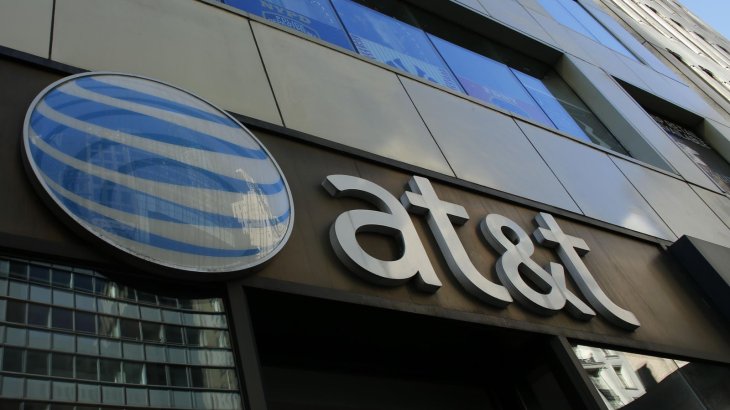
When being asked about the telecom’s problem, Senator Warren’s representative said that they still put it first. In a speech made by Elizabeth Warren on the US monopoly issue, the telcos were also mentioned.
The majority of what the senator said about the tech giant is applicable to telecom but as they play a huge part in maintaining the Internet, they should be talked about first in any discussions about monopoly.
Evan Greer of Fight for the Future, a non-profit organization dedicated to protecting users’ right of free speech and creativity, said that telcos and tech giants used to be on the two sides of the war for net neutrality, but recent years have seen them working together to eliminate the laws that protect people’ privacy online, with the vision to dominate the whole market without being under too much supervision.
According to Greer, while they seemed to be enemy in public to shift people’s attention away from their bad acts, but the truth was that they were both threats to users’ rights.
Spent the best parts of two years trying to convince the government to oversee these tech giants, Michael Powell, a top cable lobbyist, said that these conglomerates are eliminating the competitiveness of the market by crushing or acquiring new prominent companies. By buying their potential competitors, they avoid the competition for innovation at a whole. He shared this in an event on telecom in 2018.
However, this act is not practised solely by tech companies but telcos have been using this strategy to protect themselves for some time. NBC merged with Comcast, Time Warner Cable is now under Spectrum, AT&T gained the parent company position of DirecTV, and in the near future, Sprint will be merged with T-Mobile, all of which can result in a rise in price and an elimination of competition.
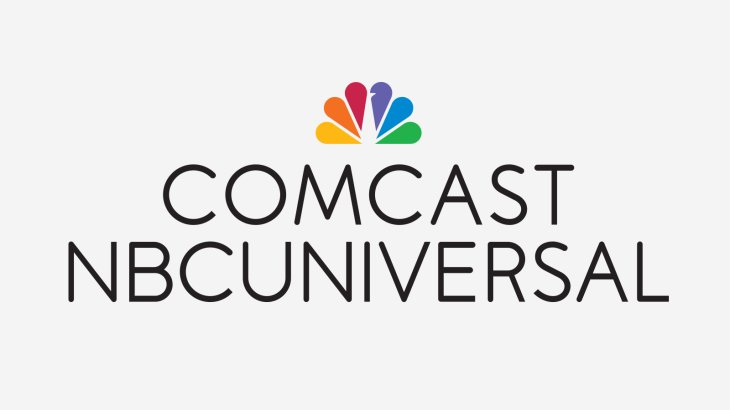
When they have so much power at their disposal and relatively no one there to control them, these companies may keep acting anti-competitively in the near future.
Net neutrality gone is just the first step in a grander scheme to slowly break ISPs free from the regulation of FCC and shift the responsibility to FTC, the organization that is believed to be in short of both power and resource to make a real impact.
The damage is already done but to work our way toward a future when democracy is widely practised on the Internet, cracking down on both the telecom and the tech companies are vital.
Featured Stories

ICT News - Feb 18, 2026
Google's Project Toscana: Elevating Pixel Face Unlock to Rival Apple's Face ID

Mobile - Feb 16, 2026
Xiaomi Launches Affordable Tracker to Compete with Apple's AirTag

ICT News - Feb 15, 2026
X Platform Poised to Introduce In-App Crypto and Stock Trading Soon

ICT News - Feb 13, 2026
Elon Musk Pivots: SpaceX Prioritizes Lunar Metropolis Over Martian Colony

ICT News - Feb 10, 2026
Discord's Teen Safety Sham: Why This Data Leak Magnet Isn't Worth Your Trust...

ICT News - Feb 09, 2026
PS6 Rumors: Game-Changing Specs Poised to Transform Console Play

ICT News - Feb 08, 2026
Is Elon Musk on the Path to Becoming the World's First Trillionaire?
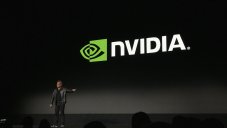
ICT News - Feb 07, 2026
NVIDIA's Gaming GPU Drought: No New Releases in 2026 as AI Takes Priority

ICT News - Feb 06, 2026
Elon Musk Clarifies: No Starlink Phone in Development at SpaceX

ICT News - Feb 03, 2026
Elon Musk's SpaceX Acquires xAI in Landmark $1.25 Trillion Merger
Read more

Mobile- Feb 16, 2026
Xiaomi Launches Affordable Tracker to Compete with Apple's AirTag
For users tired of ecosystem lock-in or high prices, the Xiaomi Tag represents a compelling, no-frills option that delivers core functionality at a fraction of the cost.

ICT News- Feb 18, 2026
Google's Project Toscana: Elevating Pixel Face Unlock to Rival Apple's Face ID
As the smartphone landscape evolves, Google's push toward superior face unlock technology underscores its ambition to close the gap with Apple in user security and convenience.

Mobile- Feb 17, 2026
Anticipating the Samsung Galaxy S26 and S26+: Key Rumors and Specs
The Samsung Galaxy S26 series is on the horizon, sparking excitement among tech enthusiasts.
Comments
Sort by Newest | Popular